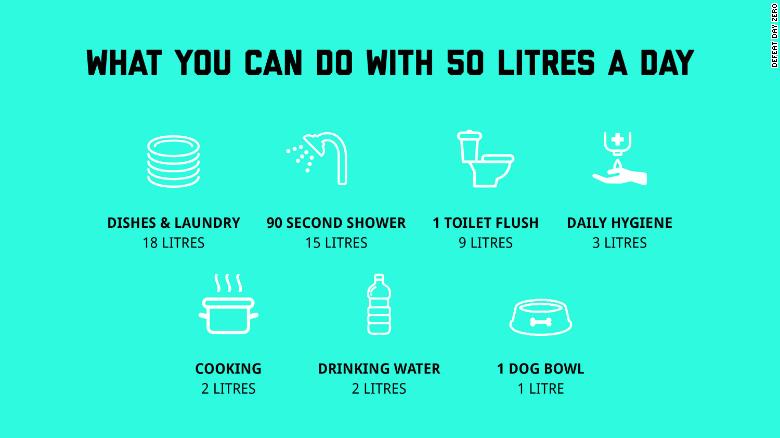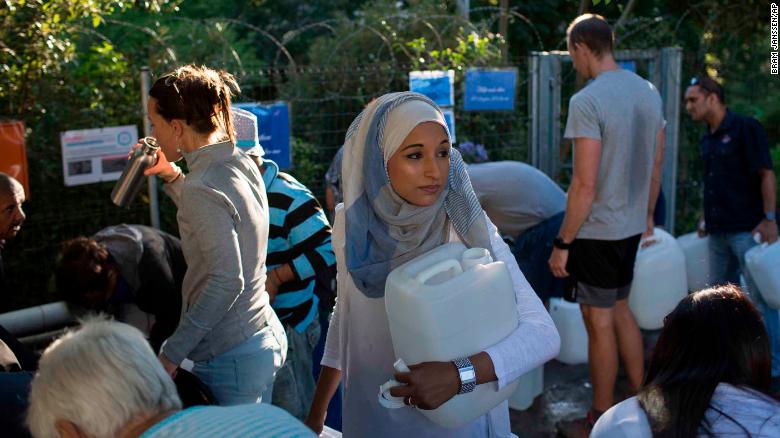Cape Town and ‘Day Zero’
Water in many parts of the world is a resource not as easily accessible as it is here in the US. Cape Town in South Africa is seeing the effects of this as they are getting closer and closer to “Day Zero”. A CNN update on the situation by Lauren Said-Moorhouse and Gianluca Mezzofiore has highlighted the extent of the water crisis and the looming possibility of most water taps being turned off.
Cape Town has been in a threatening drought over the past couple years and that coupled with the city using the same amount of water as before has created an unsustainable water system that has continued to dwindle. Theewatersklood Dam, Cape Town’s largest reservoir, accounts for over half of the water supply to the city has been drastically decreasing since 2011 with little left today due to the lack of rainfall to the region to replenish it.
The crisis in the city is creating unlivable living situations for its residents. Residents are being asked to ration their water to only 13 gallons (50 liters) of water use a day while waking up with no water in their pipes to shower, cook, flush toilets and even drink. With bottle water prices being so expensive residents have to carry jugs to springs and water stations that have unpredictable operating times and wait for hours to then lug the containers back to their homes.

If “day zero” comes new water restrictions would only allow residents to use 6.6 gallons each day from one of the 200 water stations. However even with the numerous water stations an expected 20,000 residents are predicted to use each one which officials fear could lead to unrest if the crisis continues.
The authors of this article are bringing to light that even established cities can face water availability problems. When one thinks about water scarcity they tend to think about the places in the middle of Africa where they have to walk for miles to find water from wells. This article shows that the threat of water availability can affect many different places. When we are using more water than our reservoirs can replenish we are affecting the resilience of these systems. One tends to think of water as this infinite resource but much of the earths water is undrinkable and what is many are overusing leading to water scarcity throughout the world. Cape Town is a city seeing the effects of this but it is not so unlikely that this won’t happen in other major cities as drought and overuse of water continue.

One thing not talked about in the article is how they were handling this water crisis before the water regulation set in place a month ago. When there is evidence of the possibility of a water crisis those in charge need to take a proactive not reactive view in fixing it. One cannot start to make changes when a situation is already serious but start at the first signs of decline.
https://www.cnn.com/2018/02/01/africa/cape-town-water-crisis-intl/index.html

I agree, with most problems across the world, nobody seems to recognize issues like this until it is actually affected negatively. When are we as a global unit going to take action in preserving and sustaining the world before problems arise?
Nice post! Why do you think governments sometimes fail when it comes to being proactive about issues such as this?